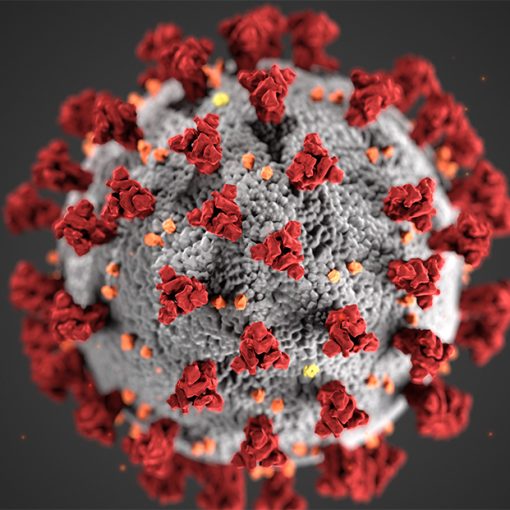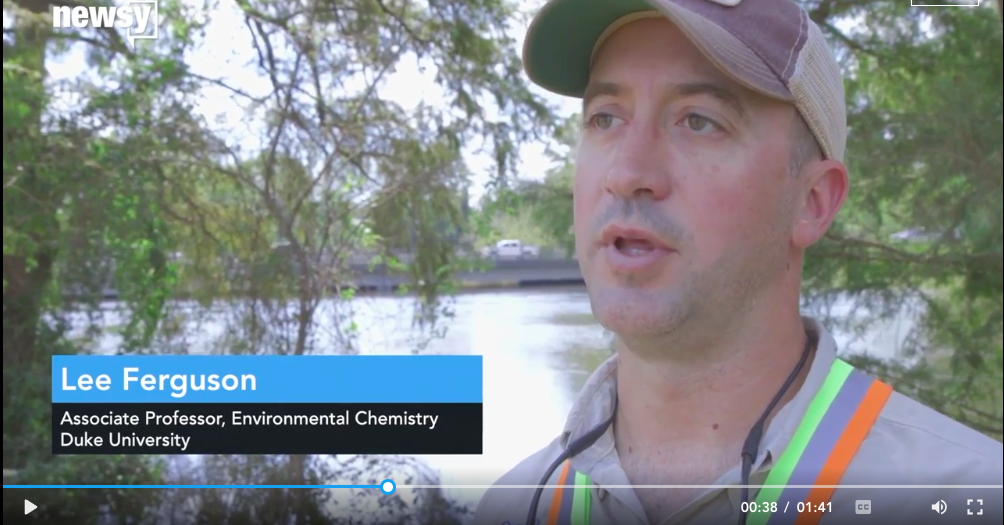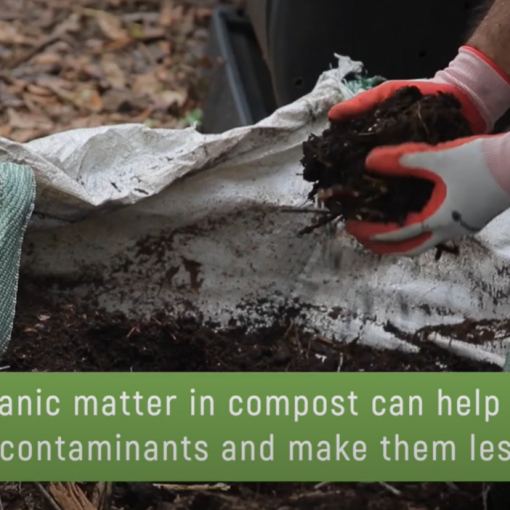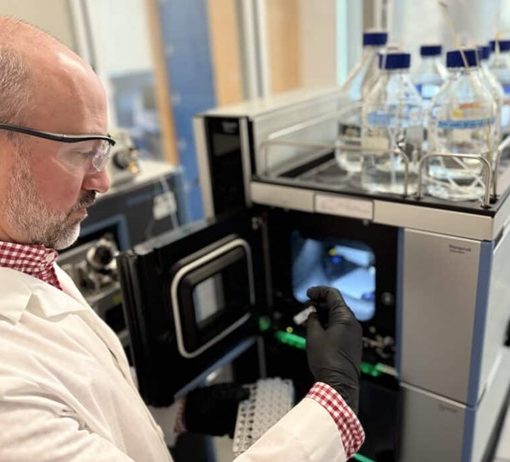The NIEHS Superfund Research Program has awarded an administrative supplement to the Community Engagement and Analytical Chemistry Cores to conduct testing of fish tissue and carry out passive sampling of water at popular fishing spots in the Cape Fear River basin of southeastern North Carolina.
The results of a recently completed bankside intercept survey with subsistence fish consumers (carried out by Duke graduate students Martin Dietz and Steven Yang) will inform the research and sampling design for this phase of the project. Dr. Mozhgon Rajaee, former Duke visiting professor from Oakland University who focuses on environmental health issues through a justice lens, will act as a consultant and advisor on the project and will be helping with research design, data analysis, and report back.
The project will consist of several phases. First, the Superfund CEC and ACC will conduct passive sampling at 5-6 popular fishing spots in the Cape Fear River basin, as identified through the bankside intercept survey with fishermen and through key actor interviews with community partners. Passive sampling helps us understand contaminant flows in dynamic systems like rivers using material that mimics the way biological tissues take up certain contaminants from the environment. Abigail Joyce, Lab Manager for the Analytical Chemistry Core, will deploy the passive samplers to analyze for PCBs, PAHs, and dioxins in water at popular fishing spots.
Next, the CEC plans to collect fish tissue samples from fish people like to eat in the area and analyze these samples for arsenic, mercury, and hexavalent chromium. These contaminants appear on some local fish consumption advisories and have been previously detected in fish near the Cape Fear River.
Finally, the CEC will report back to local health agencies in the area and assist health and wildlife officials interpret the health implications of the test results to inform the public about the levels of contaminants detected in various fish, and the health implications of these new data.
Throughout the project, the CEC plans to collaborate with researchers at NC State University including Theresa Guillette, Scott Belcher, Katy May, and Madi Polera to gather information on PFAS in water and fish tissue samples.
The CEC plans to hold a virtual meeting on May 11 with Cape Fear River Watch and other Wilmington-area community partners to report on the results of the bankside intercept survey and gain buy-in for the next phases of the project that will be funded by the administrative supplement.





